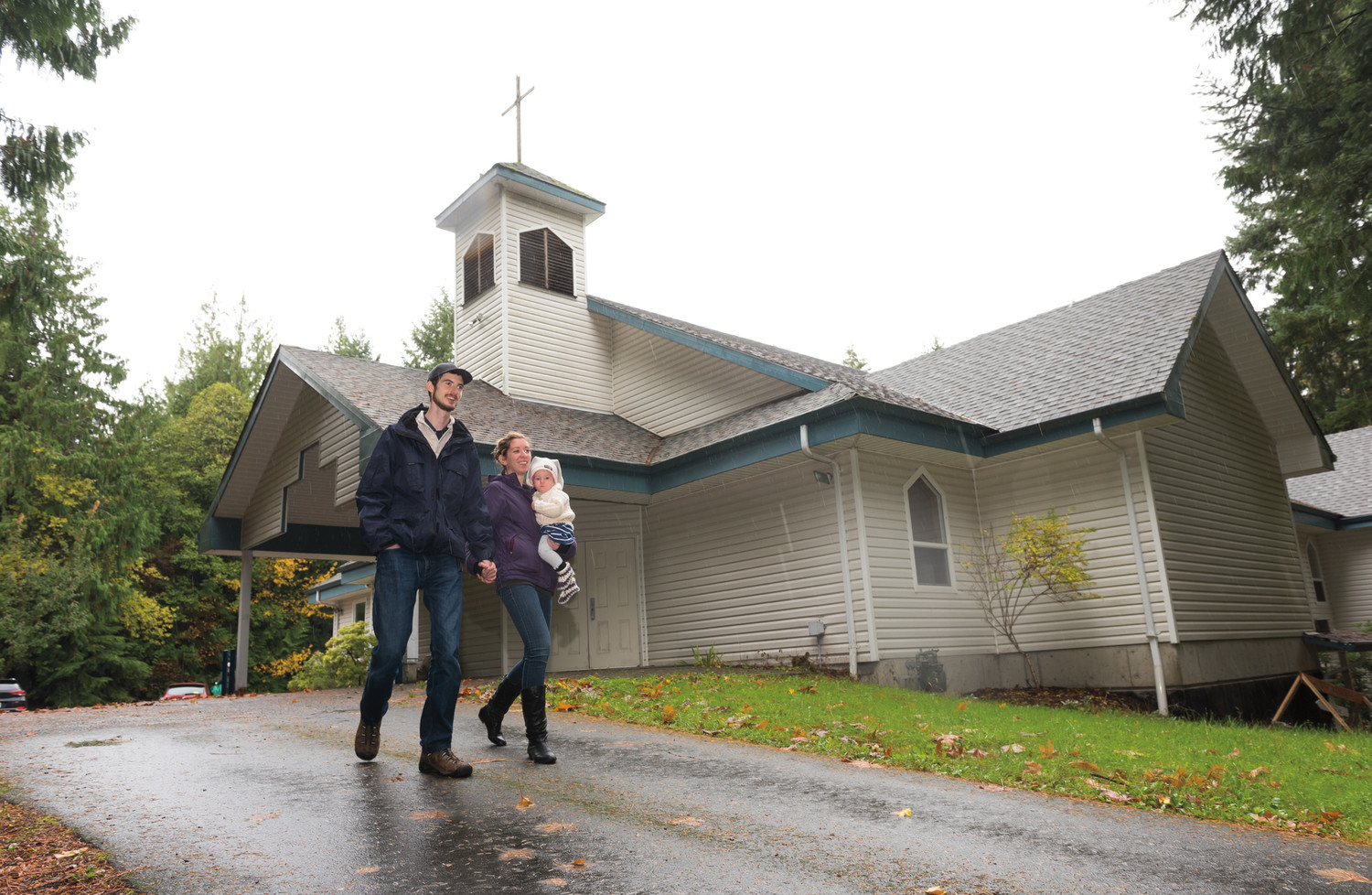Leigh Labrecque has a theory. He believes every class he teaches at the Canada Institute of Linguistics (CanIL) should include a story from his time in Vanuatu, where he worked as a Bible translation and literacy adviser for two language groups.
Take, for example, the principles-of-literacy class that Labrecque teaches. His stories of how he developed a literacy program from scratch for the Southeast Ambrym people (see Word Alive, Jan.-April 2017) gives students an understanding of the reality they will face in their future roles—and the breakthroughs that are possible.
“I started trying to figure out ways that I could put literacy into everything,” Labrecque explains regarding his time in Vanuatu. As islanders learned to read, a group of men benefited from attending a Bible study and accountability group that Labrecque started leading.
As the men began applying God’s Word to their daily lives, it changed how they treated their families and their neighbours. Women in the community said to the men: “What’s happening with your families? It’s amazing! Could you come and talk to my husband?”
Labrecque uses this story to illustrate the need for literacy within Bible translation ministry. He tells his class that all CanIL graduates who will work in Bible translation projects need to have skills in promoting literacy and engagement with translated Scriptures.
“If they don’t, the Bible is not going to get used.”
When Labrecque started teaching at CanIL in 2013, he didn’t see the opportunity as a step down from his fieldwork in Vanuatu. Instead, he saw teaching as a multiplication role. Where Labrecque could spend 15 years pouring into two language communities and helping them translate God’s Word, now he has the ability each year to pour into dozens of other Bible translation communities through the young people he trains.
Labrecque’s goal as a teacher is to excite the heart of students through hands-on classes and assignments that prepare them for situations they will face in their future work. An example of this approach is an exercise that he developed. Students work with a fictitious Greek Island language group, who speak Englegreek. They have asked for a literacy team to create an alphabet using Greek symbols to preserve their folk tales and their language. For many of Labrecque’s students, when they begin working with a minority language group, developing an alphabet will be one of the first tasks. Labrecque says the students really enjoy the assignment, despite its difficulty.
“The Greek letters are somewhat familiar [to most students] but there are enough differences [from English] that it’s kind of challenging.”
Beyond his desire that his students gain the practical problem-solving skills needed to fulfil whatever task is given them, Labrecque has a greater hope. He wants each of his students to have a heart and love for the minority language groups they will serve—just like he did in Vanuatu.
It’s this great hope that fuels Labrecque with such enthusiasm as a teacher.
“It’s pretty exciting to be here now doing this at CanIL. I really feel like all of my years in the field have prepared me well for this task of passing on my knowledge.”
•••••
